On March 2, Nikkei Asia reported that Japan would take in “people fleeing Ukraine amid Russia's invasion and consider options to work around stringent coronavirus-related entry curbs.” By mid-April, Japan had accepted more than 500 evacuees fleeing the war.
The move is noteworthy because Japan is infamous for accepting refugees and asylum seekers only in very small numbers.
Many of the hopefuls who arrive in Japan, are denied a visa, left in a legal lingo or even locked inside immigration centers that look more like prisons.
Earlier this year, Japan-based documentary director Thomas Ash released his latest film, Ushiku. The title refers to a city in Ibaraki Prefecture located some 50 kilometers north-east of central Tokyo.
Ushiku is mainly famous for its huge Buddha statue, the world's tallest bronze statue of Buddha.
However, on a less uplifting level, Ushiku is also the place where one of Japan’s 17 immigration centers is located. Over the last few years, these places have become infamous for being de-facto prisons where innocent foreigners are detained for long periods and subjected to physical and psychological violence. I recently talked to Thomas Ash about his film and Japan’s controversial immigration policy.
How did you come up with the idea for this film?
I’m a member of a local church in Japan. Another member invited me to join a group of volunteers who were visiting the East Japan Immigration Center (Ushiku’s official name) and supporting the detainees. While talking and getting to know some of these people, I realized that they had very few opportunities to get their stories out of the facility. Therefore, I decided to film my meetings with them.
I thought that filming inside these facilities was prohibited.
It is. So, I used a hidden camera. That’s why the images are often out of focus and the voices are somewhat muffled. It was all made in secret.
Didn’t you suffer any consequences for what you did?
The fact is, there is no law prohibiting what I did. It’s just a rule the detention center made up because they don’t want people to know what happens inside. You can see what I did as an act of civil disobedience. The way I see it is, if we obey the laws that violate human rights, then we ourselves become the perpetrators of these crimes.
Nine of the people detained at Ushiku are featured in this film. Why are they being detained?
For different reasons. The cases that grab the headlines are the political refugees and asylum seekers. They may enter Japan as tourists and then apply for refugee status. Others apply as soon as they arrive at the airport. They are considered overstayers even though they came without a visa.
All these people cannot return to their countries due to conflicts or because they are politically persecuted and risk being arrested, tortured or even killed. Unfortunately, Japan has a bad record when it comes to accepting refugees as the recognition rate is extremely low (0.4% in 2019).
Then there are those who have lived in Japan for some time but for whatever reason were not allowed to renew their visas and were ordered to leave the country as illegal residents. However, some of them refuse to go. For example, let’s say someone has been here for 30 years. He has a wife and kids. In this case, there are some humanitarian reasons why they probably shouldn't be returned. So, they are put into a detention center instead.
In other cases, a deportation order has been issued, and an attempted deportation was made, but it was unsuccessful. That’s because the authorities mostly use commercial flights to deport these people, not charter flights, and if the person makes a fuss the pilot may refuse to get them aboard for security reasons. Years ago, someone was killed while on the plane. He was suffocated while they were trying to restrain him. So, if something happens, they bring them back and put them in the detention center.
As you see, there are many different cases. But regardless, they all have human rights. And these places are prisons. But particularly with regard to refugees and asylum seekers who are asking for help, what we are asking is that their applications are handled transparently, in a fair and timely manner. Currently, this is not done. I am not saying that all of them should be recognized as refugees. What I’m saying is that everyone should have the opportunity to have their applications evaluated in a timely and transparent manner.
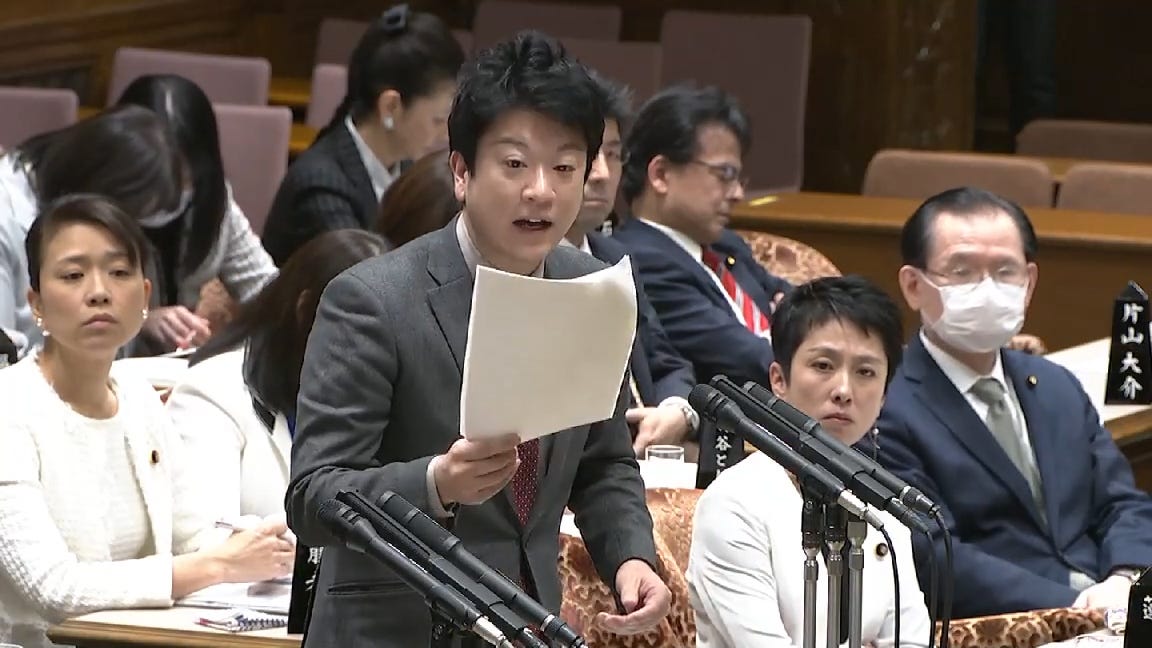
For how long have they been detained?
Among the nine people who appear in my film, the longest was 3-4 years. But some people have been there for eight years. Can you imagine that? And they have done nothing wrong; they are not criminals. It's a nightmarish situation.
The most harrowing scene in the film is the one showing one of the detainees being assaulted by several guards, being restricted and hurt in the process. Was that a reenactment?
No, it was real. These people actually film what they do, even things that they’d better keep secret because they are so shameful.
How did you get in possession of that footage?
The man who was assaulted sued the immigration center and his lawyer obtained the release of the video as part of the court case, as evidence of what had happened. When we talked about it, they decided to post it publicly. We were lucky to get that video because they usually keep it only for a certain time and there have been instances where they said that it had been deleted by mistake, you know how it works. Anyway, they do everything they can to prevent those videos from being seen by other people, or they try to delay the process. Unfortunately, cases of violence against the detainees are pretty frequent whenever they don't keep their heads down or make trouble. They are meant to teach them a lesson.
Some of the people featured in your film attended the screenings in Shibuya.
Yes, all of them are out right now. Here’s how it works. Generally speaking, the people who are detained at the immigration centers have no prospect of going out unless they go on a hunger strike, in which case they are given two weeks of provisional release. But these nine people were given two months. Nobody told them the reason for that, but we think it’s because of the pandemic. Of course, they are supposed to go back sometime in the future, but they still don't know when. Every two months they have to go for a renewal. This is how they are living their life right now, constantly wondering when they are going to be arrested again. They live in extremely stressful conditions.
I guess you have stopped going to Ushiku?
I am not allowed, of course. I have become persona non grata. However, the church of which I am a member is now working with people on bail, so I found another way to help these guys. I work with men and women outside the detention center. So that's okay. Also, I can still go to the detention center to pick up someone if they're on their way out. But I'm not allowed to visit.
I guess they have put a wanted poster for you inside Ushiku.
There is no wanted poster, but there are many more posters than before that say “filming is not allowed” (laughs).

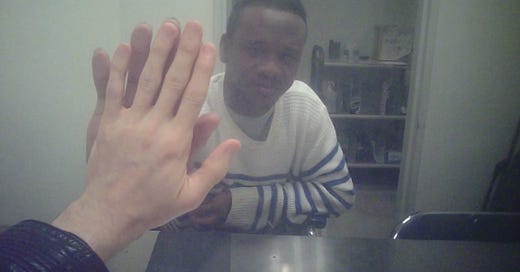



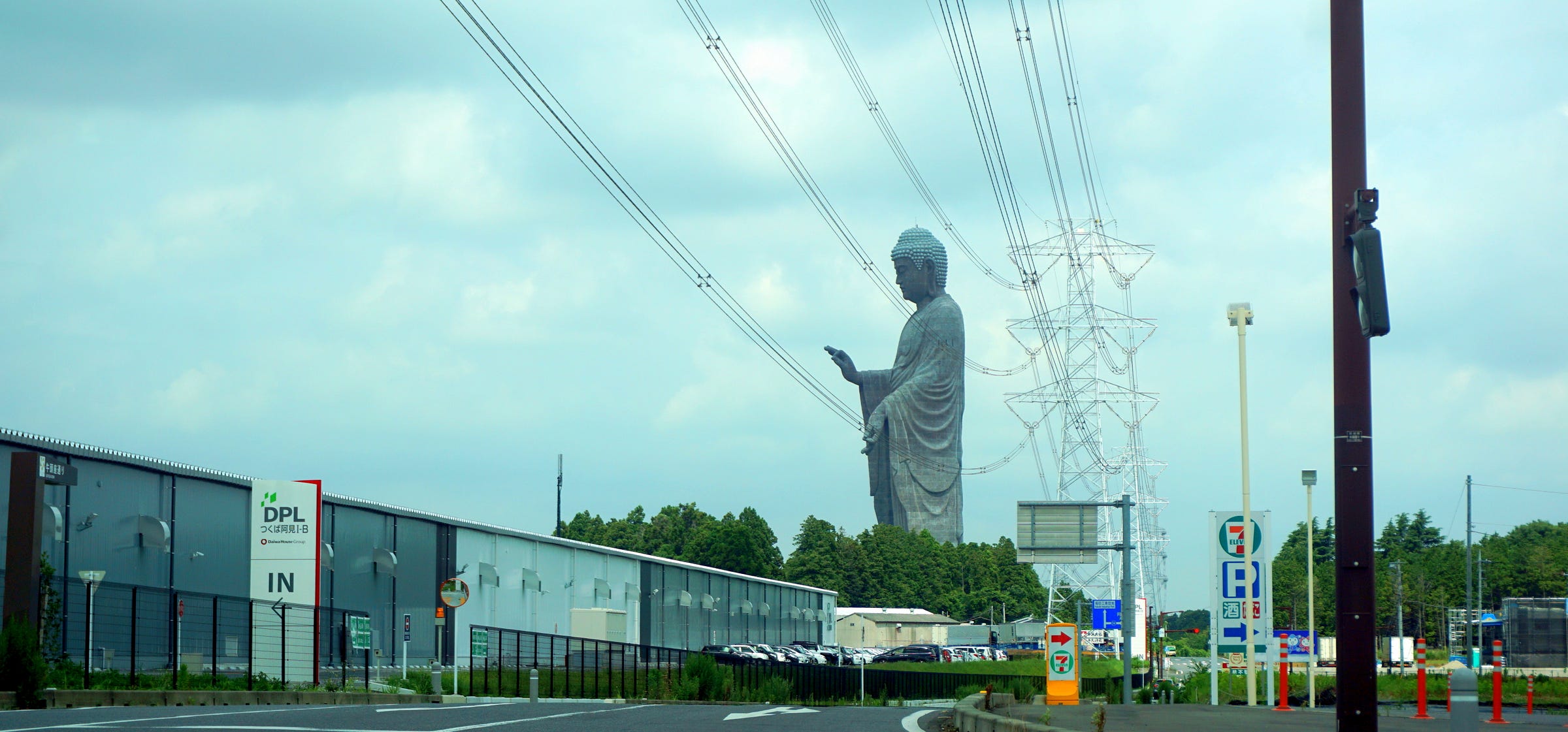
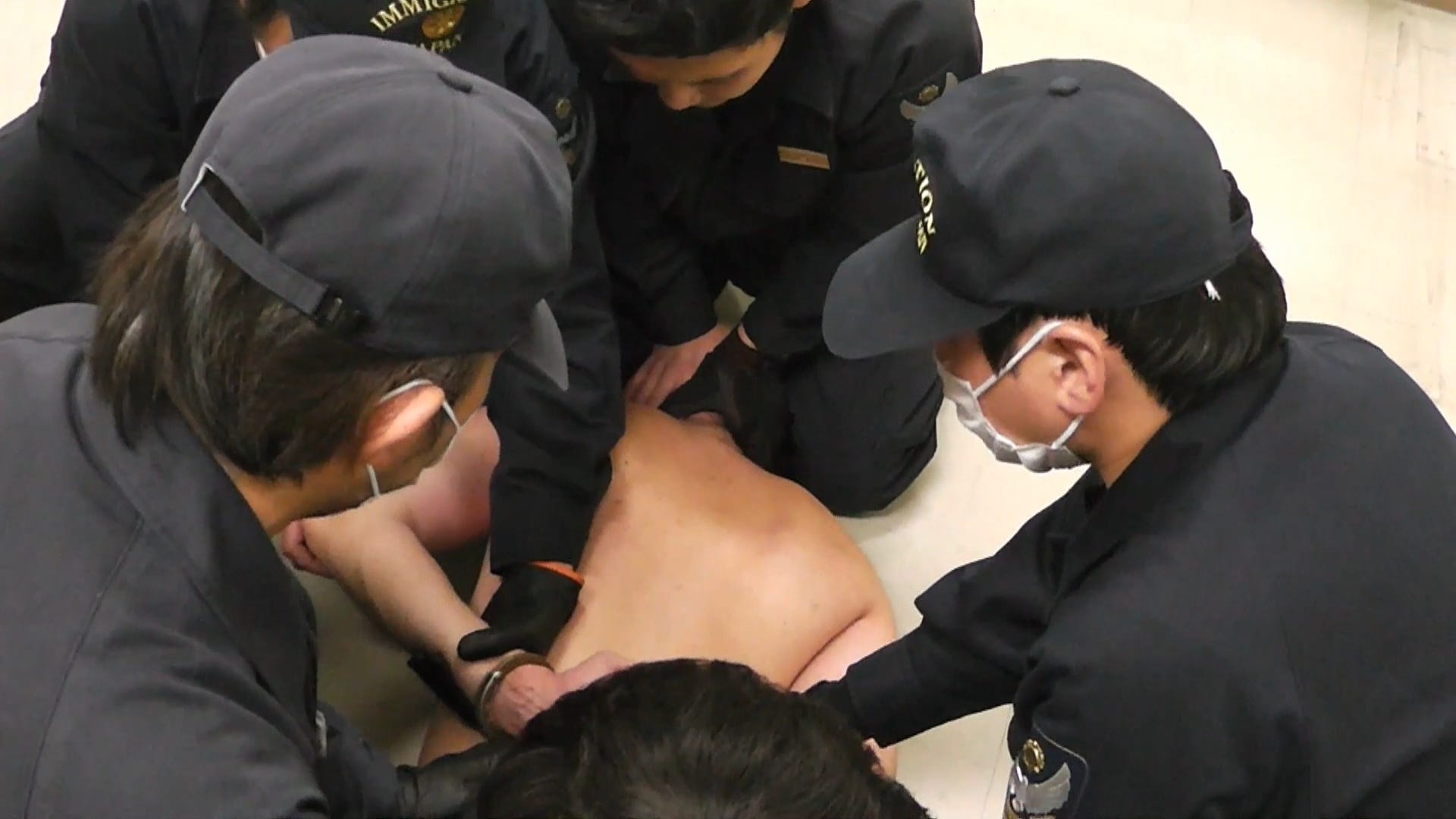

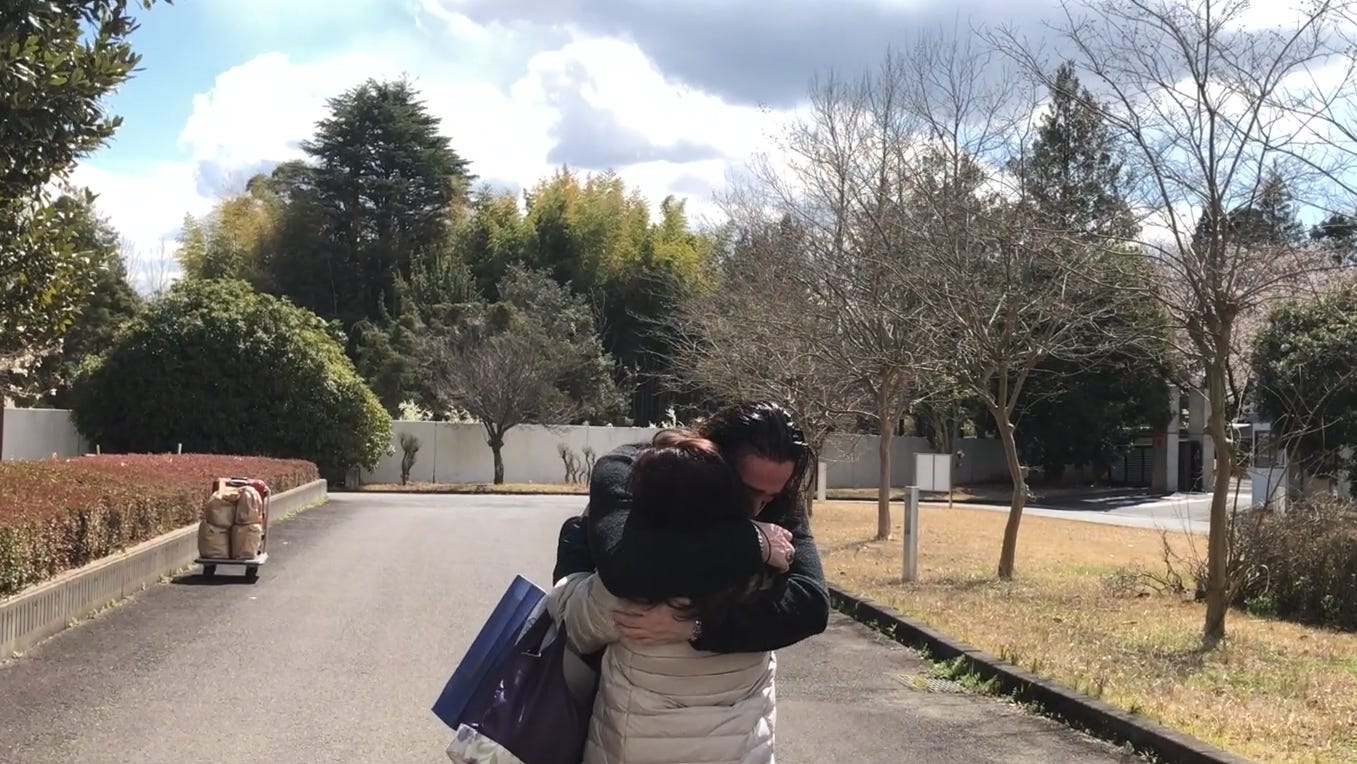
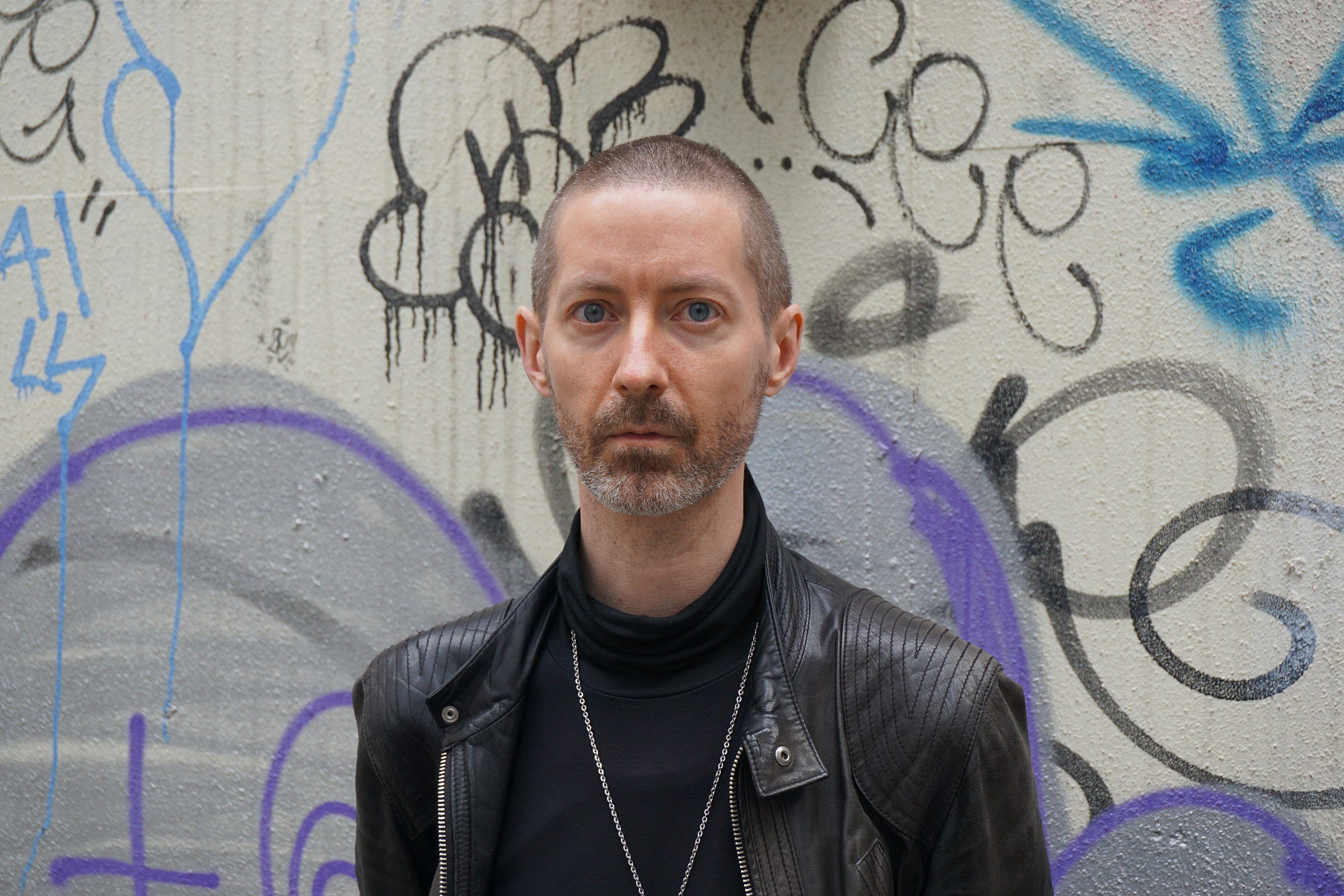
Wow, a dark side of Japan
Very interesting! 😳